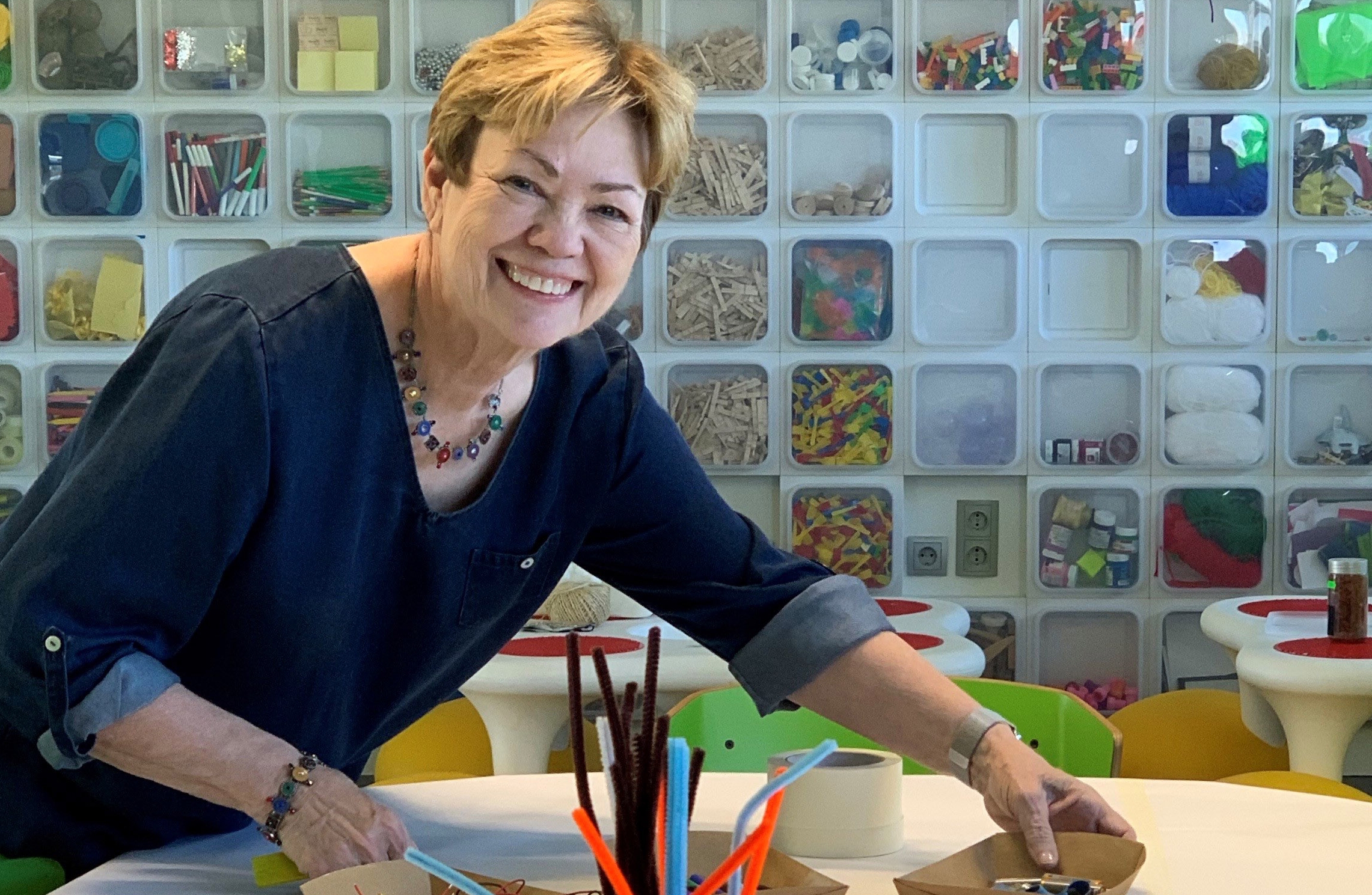- Diseases
- Acoustic Neuroma (16)
- Adrenal Gland Tumor (24)
- Anal Cancer (70)
- Anemia (2)
- Appendix Cancer (18)
- Bile Duct Cancer (26)
- Bladder Cancer (74)
- Brain Metastases (28)
- Brain Tumor (234)
- Breast Cancer (726)
- Breast Implant-Associated Anaplastic Large Cell Lymphoma (2)
- Cancer of Unknown Primary (4)
- Carcinoid Tumor (8)
- Cervical Cancer (164)
- Colon Cancer (168)
- Colorectal Cancer (118)
- Endocrine Tumor (4)
- Esophageal Cancer (44)
- Eye Cancer (36)
- Fallopian Tube Cancer (8)
- Germ Cell Tumor (4)
- Gestational Trophoblastic Disease (2)
- Head and Neck Cancer (14)
- Kidney Cancer (130)
- Leukemia (342)
- Liver Cancer (50)
- Lung Cancer (286)
- Lymphoma (278)
- Mesothelioma (14)
- Metastasis (30)
- Multiple Myeloma (100)
- Myelodysplastic Syndrome (60)
- Myeloproliferative Neoplasm (6)
- Neuroendocrine Tumors (16)
- Oral Cancer (102)
- Ovarian Cancer (178)
- Pancreatic Cancer (160)
- Parathyroid Disease (2)
- Penile Cancer (14)
- Pituitary Tumor (6)
- Prostate Cancer (150)
- Rectal Cancer (58)
- Renal Medullary Carcinoma (6)
- Salivary Gland Cancer (14)
- Sarcoma (238)
- Skin Cancer (300)
- Skull Base Tumors (56)
- Spinal Tumor (12)
- Stomach Cancer (66)
- Testicular Cancer (28)
- Throat Cancer (92)
- Thymoma (6)
- Thyroid Cancer (100)
- Tonsil Cancer (30)
- Uterine Cancer (86)
- Vaginal Cancer (18)
- Vulvar Cancer (22)
- Cancer Topic
- Adolescent and Young Adult Cancer Issues (22)
- Advance Care Planning (12)
- Biostatistics (2)
- Blood Donation (18)
- Bone Health (8)
- COVID-19 (360)
- Cancer Recurrence (120)
- Childhood Cancer Issues (120)
- Clinical Trials (628)
- Complementary Integrative Medicine (22)
- Cytogenetics (2)
- DNA Methylation (4)
- Diagnosis (238)
- Epigenetics (6)
- Fertility (62)
- Follow-up Guidelines (2)
- Health Disparities (14)
- Hereditary Cancer Syndromes (128)
- Immunology (18)
- Li-Fraumeni Syndrome (8)
- Mental Health (122)
- Molecular Diagnostics (8)
- Pain Management (62)
- Palliative Care (8)
- Pathology (10)
- Physical Therapy (18)
- Pregnancy (18)
- Prevention (936)
- Research (390)
- Second Opinion (78)
- Sexuality (16)
- Side Effects (616)
- Sleep Disorders (10)
- Stem Cell Transplantation Cellular Therapy (216)
- Support (408)
- Survivorship (328)
- Symptoms (182)
- Treatment (1788)
5 ways to help a cancer patient with speaking challenges
3 minute read | Published February 08, 2018
Medically Reviewed | Last reviewed by an MD Anderson Cancer Center medical professional on February 08, 2018
After being treated for nasopharyngeal carcinoma (a rare type of throat cancer) in 1985 and salivary gland cancer in 2016, speaking has become a real challenge for me. I can still talk, but sometimes my speech is hard for others to understand.
Because of this, sometimes people try to help me in ways that aren’t really useful. So here are some “dos” and “don’ts” for how to be an ally to a cancer patient (or anyone else) with speech challenges.
Don’t treat me differently
When the wait staff tried to serve me at a recent Christmas dinner, one woman at my table kept saying, “She's not eating.” When I was offered tea, she added, loudly, “She's not drinking, either.”
That lady probably thought she was doing me a favor. But it didn’t feel that way. I might not be able to speak as clearly as I’d like to anymore, but my mind still works just fine, and I am quite capable of communicating in other ways. I wish she would have trusted me to speak for myself.
At a restaurant or party, I can either say or write, “No, thank you,” when I’m offered food. Or even joke, “I'm on a diet.” Strangers don’t have to know all the gory details. Sometimes, when I go out to eat, I’ll say yes when a waiter offers me water or tea, and then just not drink it. That way, I'm not drawing undue attention to myself.
Don’t confuse me with my limitations
After surgery, my speech became much more limited, so people often don’t understand me. I frequently find myself writing down what I want to say.
But I still have a voice in my own way, and I prefer that people not make a big deal about it. I just want to be treated as if I'm normal. Because I am normal.
Don’t make jokes
Everyone knows that kids can be cruel, but it still hurt when I was a senior in high school and had radiation markings on my face from treatment. I got teased that I was still in my Halloween costume, which was very painful. It’s easy to poke fun at people when you don’t know their stories. But everyone is fighting some battle you’re unaware of, so be kind. It’s never OK to make fun of someone’s appearance, mannerisms or anything else they can’t help.
Sometimes a friend — or even my husband — will still make a joke about my speech, not realizing what they’ve done. Usually, I bring it to their attention, but that can be exhausting, so other times I just let it go, or walk away and cry. Mostly, I’ve learned to avoid people who are consistently thoughtless or disrespectful.
Look at me while I’m speaking
Even if you can’t read lips, when you look at a person who’s speaking to you, it’s easier to understand what they’re saying. So, I wait for someone to focus on me before I start talking.
This can be a challenge in the age of devices, when everyone’s looking at their phone or tablet, but it does help.
Be patient
I know some days my voice can sound more “nasal” than others. And the back of my tongue no longer works right, so it might take me a few minutes to get my words out completely.
But please be patient. And if you can’t understand me, just say, “I'm sorry, I can't understand you today.” Or ask me to repeat what I’ve said or write it down. Many people just agree with me, when they have no clue what I just said. Then 15 minutes later, they’ll suggest the same thing I just did.
Be patient with yourself, too. Because I know it’s as hard on my friends and family members as it is for me. Here, I've talked normally for 49 years, and now, it’s a challenge to understand me. But I’m trying, and I really hope you will, too.
Request an appointment at MD Anderson online or by calling 1-844-207-9647.
Related Cancerwise Stories

Be patient.
Laura Compston
Survivor





